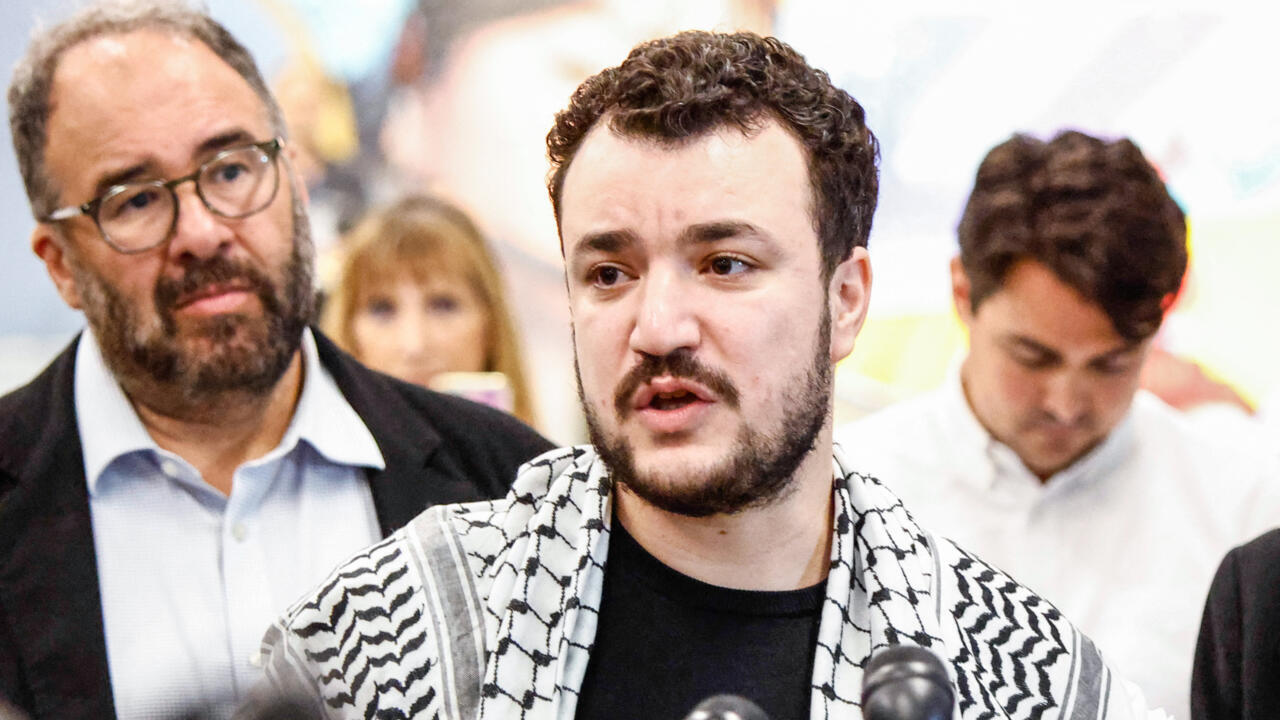A landmark immigration decision this week has intensified an already heated debate over the intersection of political activism, national security, and the integrity of the U.S. immigration process. On Wednesday, Immigration Judge Jamee Comans ruled that Mahmoud Khalil, a pro-Palestinian activist prominently involved in anti-Israel protests at Columbia University, can be deported—either to Syria or Algeria—after finding that he willfully misrepresented key facts during his immigration application process.
The ruling comes despite a federal injunction from a court in New Jersey, temporarily blocking his deportation while it considers whether Khalil’s removal would constitute retaliation for political expression. That question remains unresolved. But what was firmly addressed in this immigration hearing is something far more procedural—and damning.
Judge Comans found that Khalil intentionally failed to disclose his involvement with both the United Nations Relief and Works Agency for Palestinian Refugees (UNRWA) and Columbia University Apartheid Divest (CUAD)—two organizations central to his activism—on his Form I-485, the critical document used to adjust immigration status in the U.S. This wasn't a minor oversight. The court found Khalil’s omission was deliberate, carried out to reduce the chances of denial, and thus ineligible for a discretionary waiver under the law.
In the judge’s own words, “The Respondent’s lack of candor on his I-485 was not an oversight… [but] willful misrepresentation of material fact(s) for the sole purpose of circumventing the immigration process.”
Even more damning was the court’s consideration of foreign policy concerns raised by Secretary of State Marco Rubio, who flagged Khalil’s actions as “potentially serious adverse foreign policy consequences” for the United States. While Rubio’s direct involvement may raise eyebrows, the legal principle is longstanding: immigration judges cannot second-guess the foreign policy assessments of senior executive branch officials. Khalil’s lawyers objected, but precedent did not favor them.
Khalil’s leadership in campus protests—including acting as the lead negotiator for students during the Columbia encampments and reportedly organizing demonstrations that denied access to Jewish students—was not merely a protected expression of free speech, according to the court. Rather, his active coordination and the political posture of the protests raised legitimate questions about both his conduct and his motivations as a visa holder.
Importantly, the judge noted that Khalil himself had acknowledged awareness that his protest activities could jeopardize his immigration status. At one point, he even reportedly avoided participation in demonstrations out of fear of losing his student visa. That admission played heavily into the ruling: someone who knows the immigration consequences of activism, and then knowingly lies to authorities, cannot credibly claim ignorance or innocence.
Despite political narratives that attempt to frame Khalil’s case as a First Amendment martyrdom, the court’s decision was rooted in law, not ideology. The ruling did not hinge on Khalil’s views, but rather on the integrity of his application, the accuracy of his disclosures, and the trustworthiness of his intentions.
As Judge Comans concluded, to grant a waiver in such a case “would render the application process meaningless and improperly shift the burden to demonstrate integrity… onto the United States government.”


